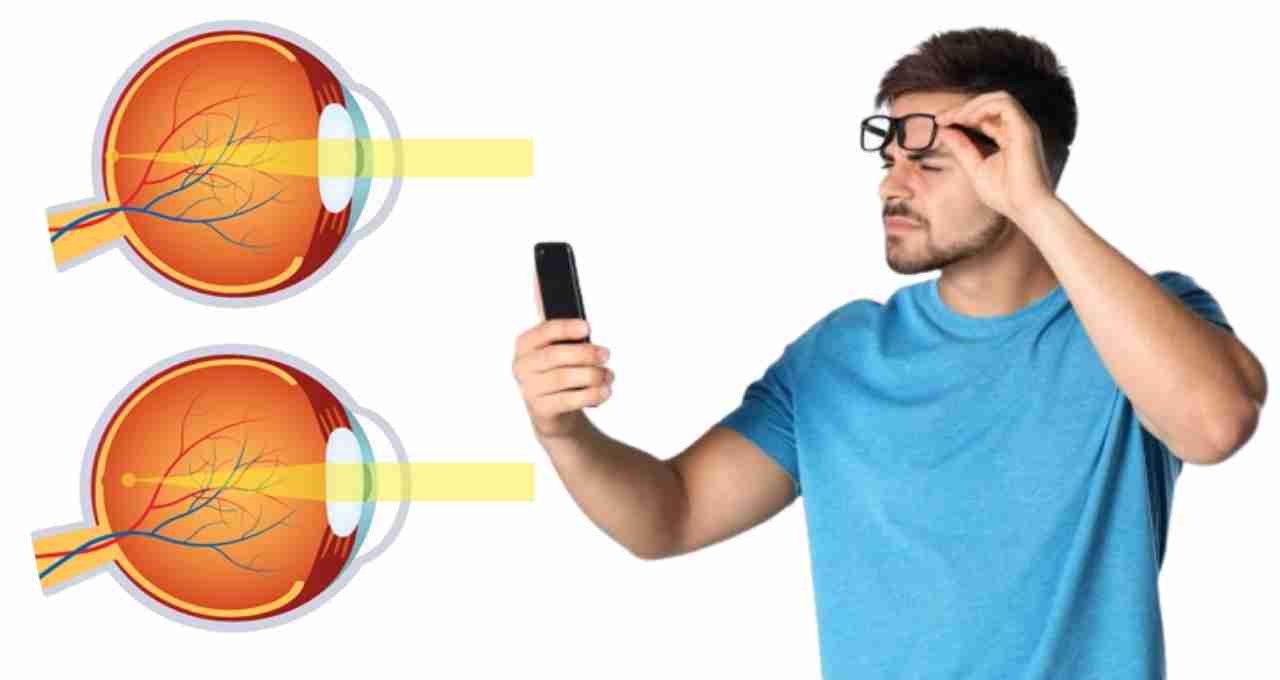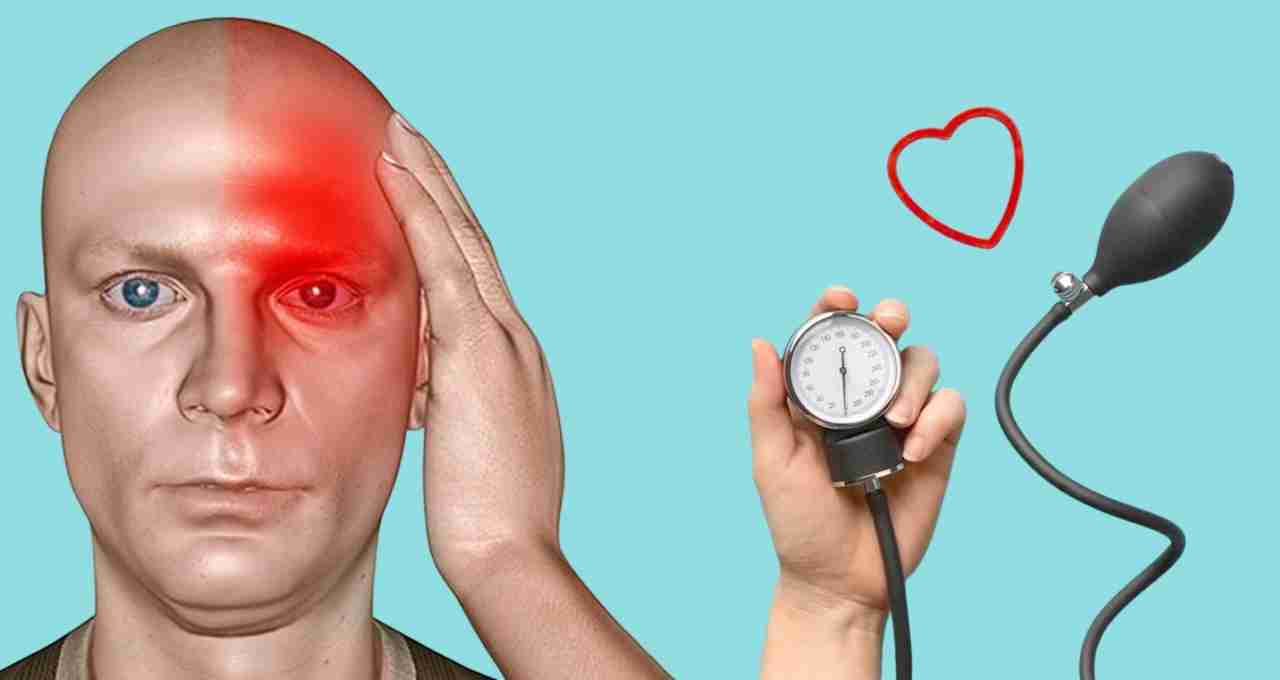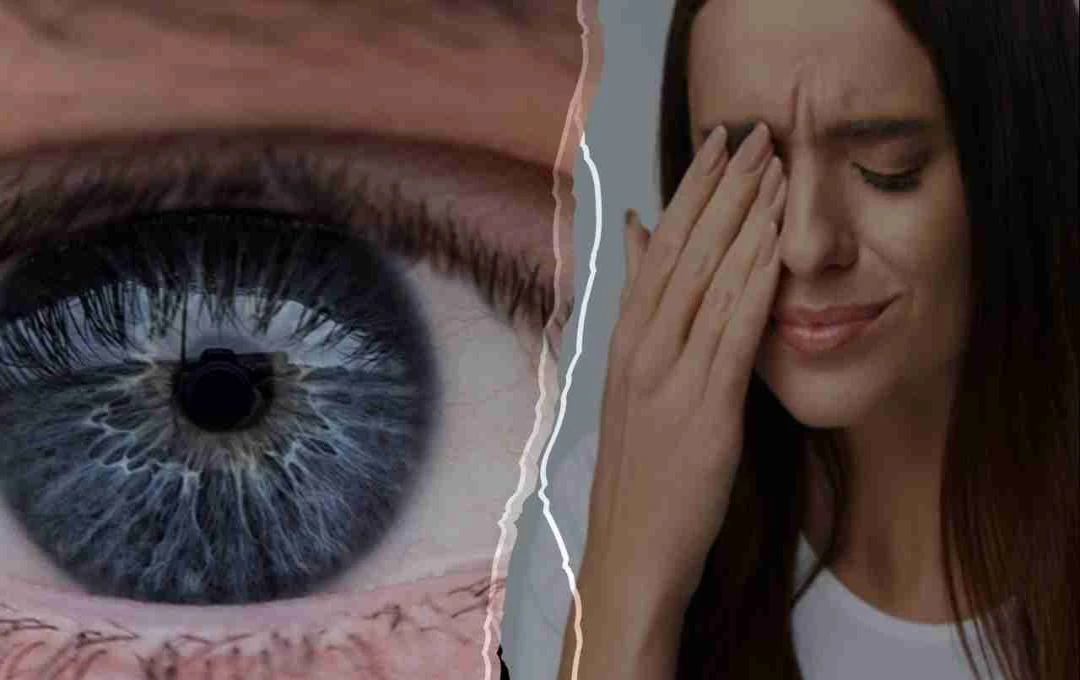Eyes are our medium to see the world, and when vision problems arise, it can be a sign of a serious issue. Blurred vision isn't just a result of age or fatigue; it can also be a warning sign of a deeper health crisis. Sometimes it develops gradually, while other times everything blurs suddenly. In such cases, awareness and accurate information are crucial.
What is Blurred Vision?
Blurred vision refers to a condition where a person sees things as unclear, hazy, or doubled. It can occur in one or both eyes and can be temporary or permanent. Ignoring this condition can sometimes lead to loss of eyesight.
Common Causes of Weak Eyesight

1. Spectacle-Related Issues
- Myopia (Nearsightedness): The person can see nearby objects clearly, but distant objects appear blurred.
- Hyperopia (Farsightedness): Distant objects appear clear, but nearby objects become blurred.
- Astigmatism: An abnormal shape of the cornea affects the ability to see clearly. The person experiences blurred vision both near and far.
- Presbyopia: This is an age-related condition in which people experience difficulty seeing near objects after the age of 40.
2. Dry Eye Syndrome
When the eyes don't produce enough tears or the tears evaporate quickly, the eyes feel dry, gritty, and vision becomes blurred. Causes include:
- Aging
- Hormonal changes (especially in women after menopause)
- Certain medications like antihistamines, beta-blockers
- Spending hours on computer or mobile screens
- Pollution or very dry environment
Serious Diseases That Affect Vision
1. Cataract
Clouding of the eye's lens prevents light from entering the eye. It usually occurs in old age and can be treated with surgery.
2. Macular Degeneration (AMD)
This disease affects the central part of the retina, making it difficult to read, recognize faces, and see fine details. It is more common in people over 60 years of age.
3. Glaucoma
This is a condition in which increased pressure inside the eye damages the optic nerve. If not detected in time, it can cause permanent blindness.
4. Diabetic Retinopathy
This condition is common in diabetic patients, where the blood vessels of the retina are damaged. There are no symptoms in the early stages, but later on, light flashes, blurred vision, or darkness may appear.
Causes of Sudden Blurred Vision

If vision suddenly becomes blurred, it could be a sign of a serious health condition:
- Stroke: It can also be accompanied by difficulty speaking, walking, or thinking.
- Retinal Detachment: The retina separates from its position. This is a medical emergency.
- Migraine: Blurred vision or light flashes may occur before or during a headache.
- High or Low Blood Pressure: Excessive pressure or a drop in blood pressure can affect the retina.
- Low Blood Sugar: Especially in diabetic patients, vision may become blurred and dizziness may occur.
When to Contact a Doctor?
Consult an ophthalmologist immediately if any of these symptoms occur:
- Sudden loss of vision in one or both eyes
- Severe pain in the eyes or head along with blurred vision
- Seeing flashes or glares of light in front of the eyes
- Weakness, confusion, or difficulty speaking along with blurred vision
- Vision loss after an eye injury
Easy Ways to Take Care of Your Eyes
- Get Regular Eye Tests – Especially if you are over 40 years old.
- Digital Detox – Every 20 minutes, look 20 feet away for 20 seconds (the 20-20-20 rule).
- Wear Sunglasses in the Sun – It is important to protect your eyes from UV rays.
- Keep Eyes Moisturized – Use eye drops prescribed by a doctor to avoid dry eyes.
- Eat a Balanced Diet – Vitamins A, C, E, and omega-3 fatty acids are beneficial for the eyes.
Blurred vision is not a minor problem. It can be a sign of a major disease. Timely examination and treatment can not only save your vision but also prevent vision loss in many cases. Therefore, do not take eyesight lightly, as it is the most precious asset that shows us the world.















